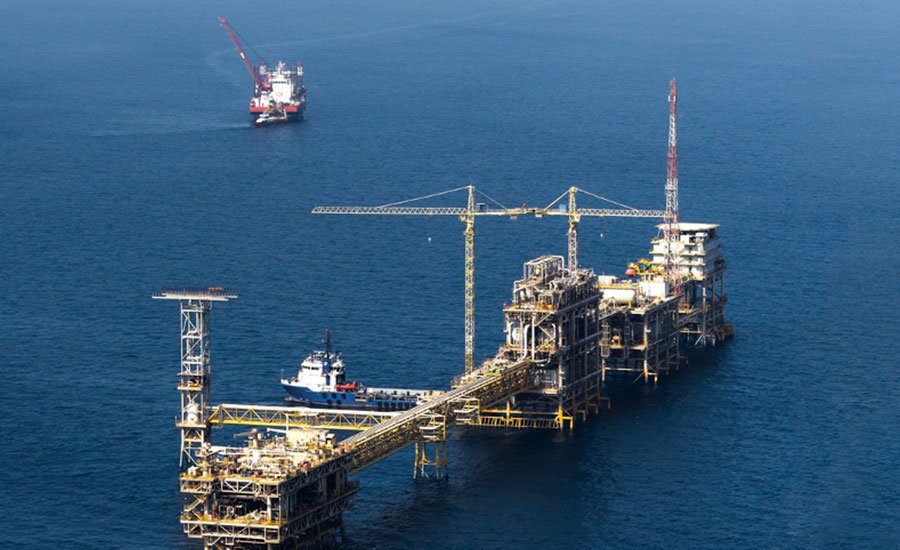The Cost of Inaccurate Oil and Gas Translation and How to Avoid It
In the dynamic realm of the oil and gas industry, precise communication is not just a necessity but a cornerstone of operational success. From safety protocols and regulatory compliance to project efficiency and stakeholder trust, accurate translation of oil and gas documentation plays a pivotal role. However, the repercussions of inaccurate translations can be profound, impacting finances, operations, and reputation.
500
+Industry Expertise
120
+Running Project
60
+Countries Delivery
1350
+Project Completed
Financial Implications of Oil and Gas Translation Errors

Legal and Compliance Risks
In the heavily regulated oil and gas sector, compliance with local and international laws is paramount. Incorrectly translated legal documents, contracts, and regulatory filings can lead to legal disputes, hefty fines, and project delays. The financial toll of such errors can be substantial, often exceeding initial project budgets.

Operational Delays and Costs
Oil and gas projects are characterized by complex technical documentation. Misinterpretations in engineering specifications, safety manuals, or operational procedures due to poor translation can result in costly errors, equipment failures, and downtime. This not only impacts project timelines but also escalates operational expenses.
GET OIL AND GAS TRANSLATION NOW
Reputational Risks

Trust and Credibility
Inaccurate translations can erode stakeholder trust and damage the company’s reputation. Whether it’s with investors, regulatory bodies, or local communities, a reputation tarnished by language errors can hinder future business opportunities and partnerships.
Strategies to Mitigate Translation Errors
Partnering with Industry-Specific Language Service Providers
Choosing LSPs with expertise in oil and gas translation is crucial. These providers understand the technical nuances and regulatory requirements of the industry, ensuring accurate and compliant translations.
Implementing Robust Quality Assurance Measures
Establishing stringent quality control processes is essential. This includes thorough review by subject matter experts, linguistic validation, and utilization of advanced translation technologies like CAT tools and Translation Memory systems.
Cultural Sensitivity and Contextual Understanding
Recognizing cultural nuances and regional variations in terminology is pivotal for accurate translation. LSPs proficient in cultural adaptation ensure that translated documents resonate appropriately with diverse global audiences.
Conclusion
In the competitive landscape of oil and gas, the cost of inaccurate translation extends beyond immediate financial losses. It jeopardizes operational efficiency, regulatory compliance, and the company’s reputation. By investing in specialized LSPs, implementing rigorous quality assurance protocols, and prioritizing cultural sensitivity, organizations can mitigate the risks associated with translation errors. This proactive approach not only safeguards against costly mistakes but also fosters confidence and credibility in global operations.
For expert oil and gas translation services that prioritize accuracy and reliability, trust Oil and Gas Translation. Contact us today to discuss your language service needs and ensure your projects stay on track, compliant, and respected worldwide.
ABOUT US
Oil and Gas Translation is a preferred language services provider used by organisations around the globe. Specialising in 30 languages and having native, experienced in-house linguists, Oil and Gas Translation is able to deliver unrivalled high quality language solutions. Our unique approach to our language services alongside our commitment of a dedicated account manager for each client, means we are able to deliver quality results within deadlines and exceeding expectations. With our experience and quality standards procedures we are able to deliver the highest of quality of language solutions for our clients.
CONTACT US
Office 10, Unit 1-3 Redburn Estate. Woodall Road EN3 4LF, UK
0208 609 4852
adam@oilandgastranslation.com
Copyright © maxmid all right reserved.





